

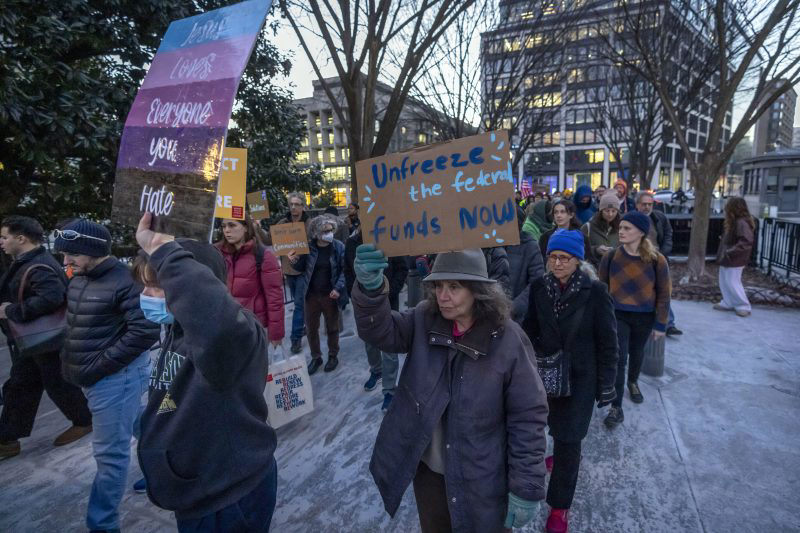
In the latest clash between the Trump administration and higher education, Harvard University has been hit with a freeze in federal funding of $2.2 billion. This comes after the university rejected a list of demands from the White House to crack down on anti-Semitism on campus. Despite the warning, Harvard's president has vowed to defy the government and protect the university's independence and constitutional rights. The Trump administration's Joint Task Force to Combat Anti-Semitism responded with a statement announcing the hold on funding and contracts.

A new study analyzing data from prestigious institutions like Harvard and Yale challenges common perceptions about the religious makeup of American college students. Contrary to popular belief, the study found that the biggest divide in religious behavior is not between elite and non-elite institutions, but between political ideologies. The study also found that there are minimal religious differences between selective and non-selective schools, with the main exceptions being higher percentages of Christian and Jewish students at non-selective schools. This study sheds light on the complex relationship between religion and education in the United States.
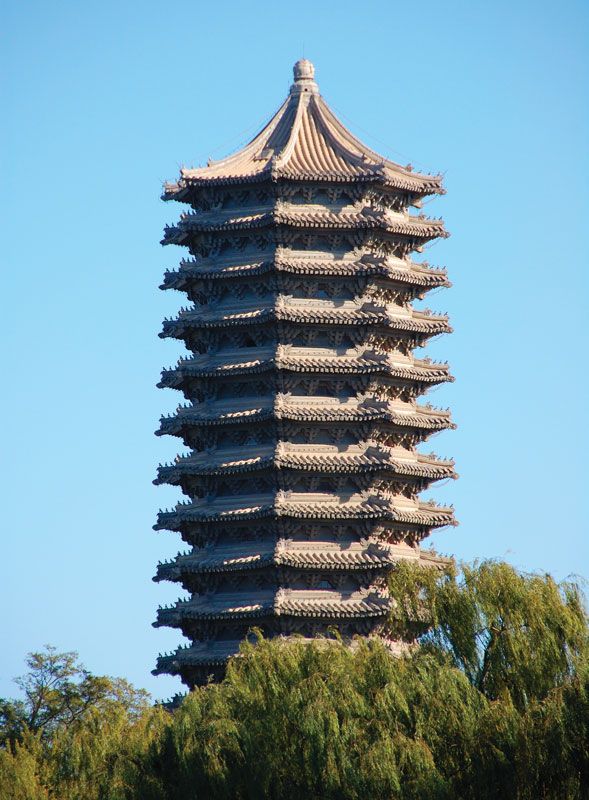
In a recent ranking of universities in Asia, China's Peking University was named the best university in the region, followed by the University of Hong Kong and the National University of Singapore. On the other hand, India's IIT Delhi and IIT Bombay secured the top two spots among Indian universities, while five other Indian institutes made it into the top 100 list. With China dominating the top rankings, the competition for the best universities in Asia continues to grow.

Harvard professors Daron Acemoglu, Simon Johnson, and James A Robinson have been awarded the Nobel Prize in Economics for their groundbreaking research on the importance of institutions in economic development. Through their work, they have challenged traditional theories and provided insights into how institutions can shape a country's economic growth and prosperity. Join us on our social media platforms for updates on this exciting announcement.
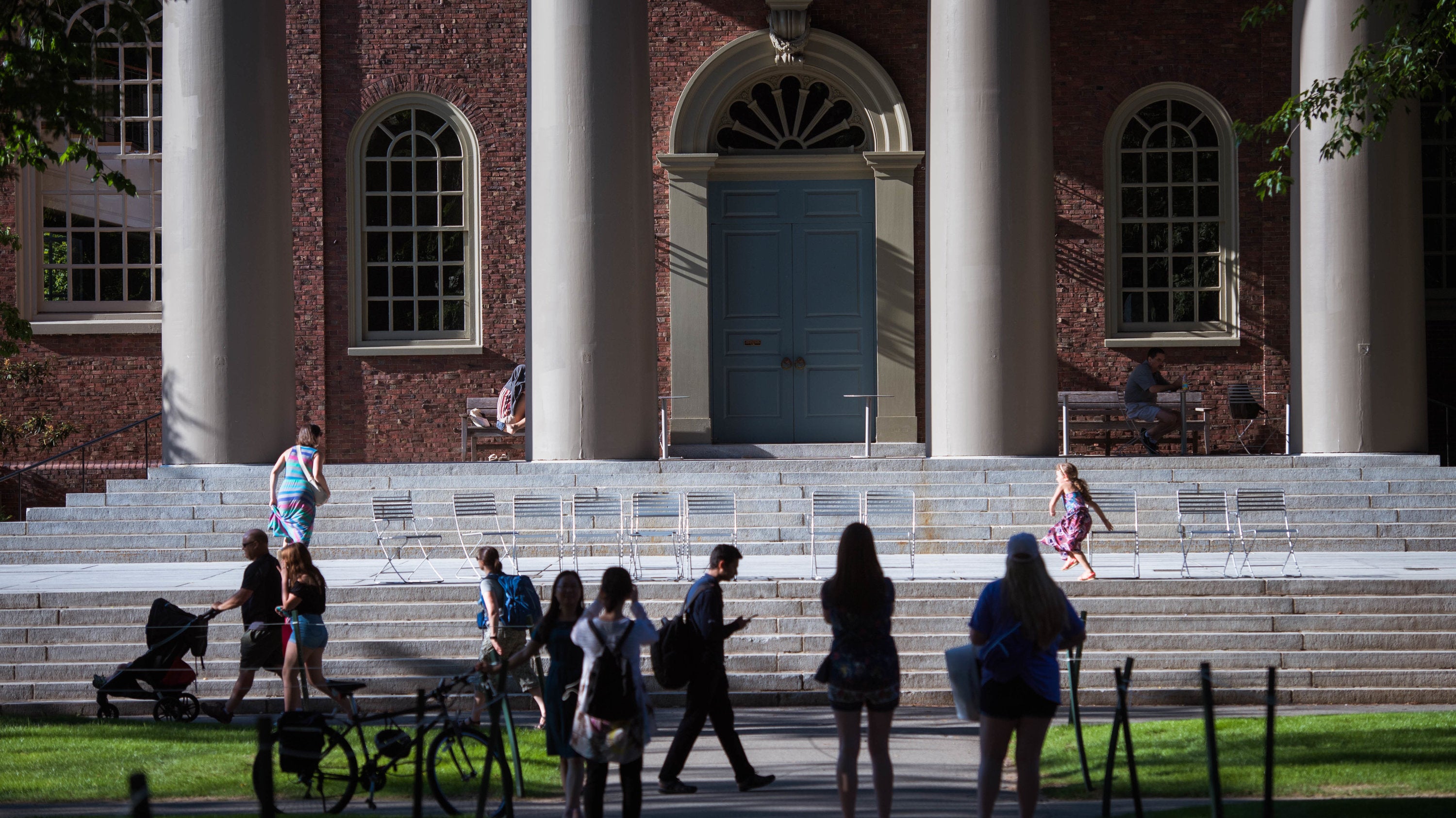
A federal judge in Boston has ruled that Harvard University must face a lawsuit over allegations of failing to protect Jewish students from antisemitic protests on campus. The judge stated that the students had a plausible claim of being subject to severe harassment, which was further exacerbated by Harvard's lack of action and indecisiveness. While Harvard maintains its commitment to addressing antisemitism on campus, the lawsuit highlights their failure to protect Jewish students and may hold them accountable for their actions.
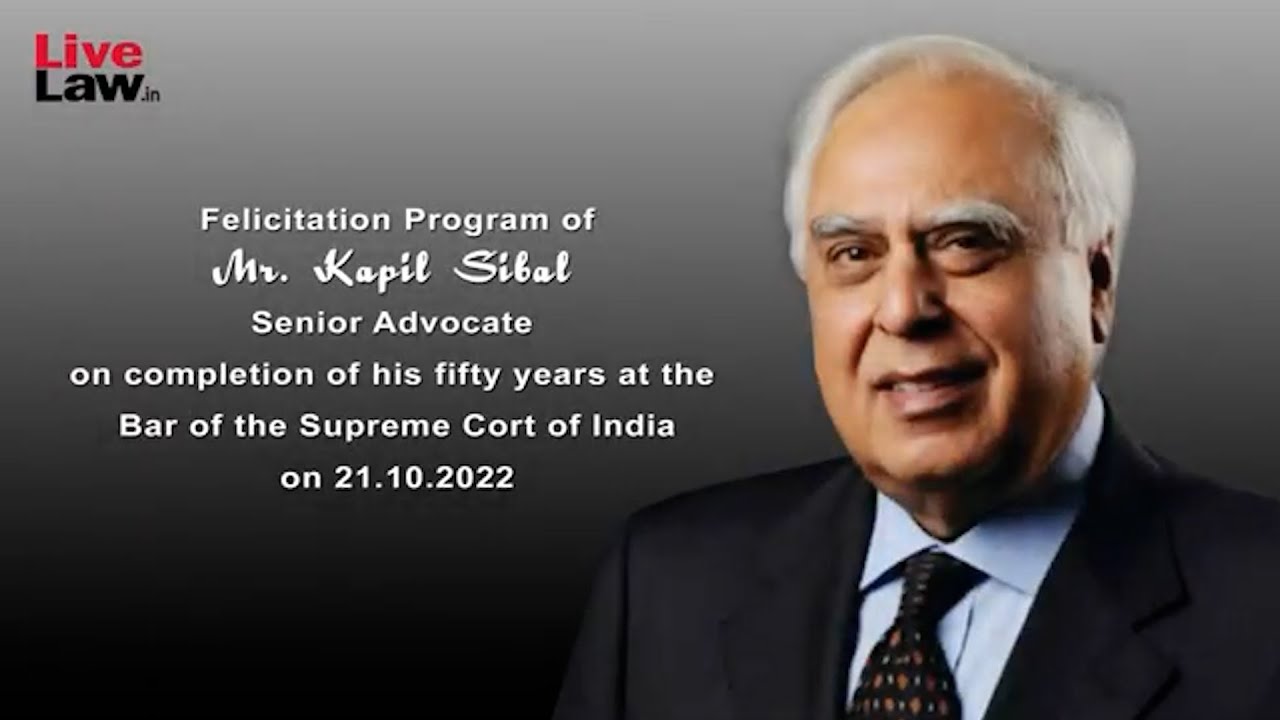
Noted lawyer Kapil Sibal, a Harvard Law School graduate and a former minister in the Congress-led UPA government, has been elected as the new president of the Supreme Court Bar Association (SCBA). This is seen as a major win for liberal, secular, and progressive forces, as Sibal is known for his strong stance on these issues. The result is being seen as a trailer for the potential changes that may happen in the upcoming national elections.

In an exclusive interview on MSNBC's morning show, Harvard professor Arthur Brooks highlights the negative effects of social media on overall happiness, specifically on college campuses. He also delves into the political polarization in the country and how it contributes to the decline in happiness. Additionally, Brooks addresses the loneliness brought about by the COVID-19 pandemic and its impact on academic freedom. Don't miss this thought-provoking conversation on the current state of our society.
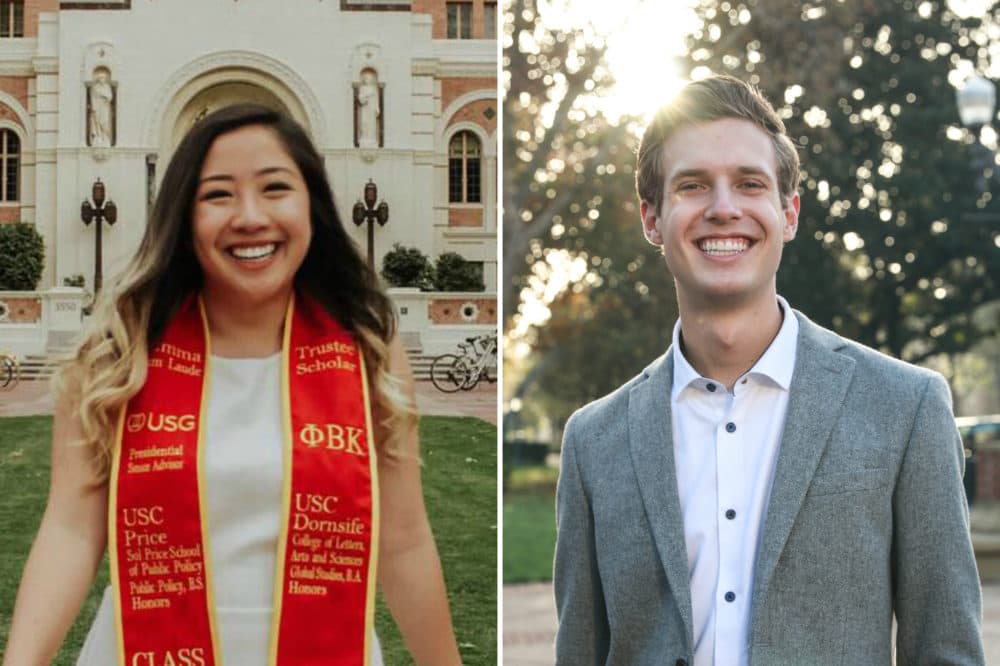
USC has announced that their valedictorian, Asna Tabassum, will not be delivering her speech at commencement due to security concerns and "intense feelings" fueled by social media and the ongoing conflict in the Middle East. Despite having a strong academic standing and a track record of community service and leadership, the university has decided to prioritize safety over tradition. Tabassum has expressed disappointment and questioned the reasoning behind the decision, stating that security and safety should not prevent her from exercising her freedom of speech.

In a highly anticipated decision, the US Supreme Court has ruled that race cannot be considered as a factor in university admissions, a policy known as affirmative action. President Joe Biden strongly disagreed with the ruling and vowed that discrimination still exists in America. Education Secretary Miguel Cardona also expressed concern, stating that the ruling takes away an important tool for ensuring diversity on campuses.

Larry Diamond, a prominent political analyst and senior fellow at multiple institutions, will be speaking at a Harvard event hosted by the Ash Center for a Democracy in Hard Places Initiative. The event will explore the resilience and effectiveness of democracy in difficult regions of the world.